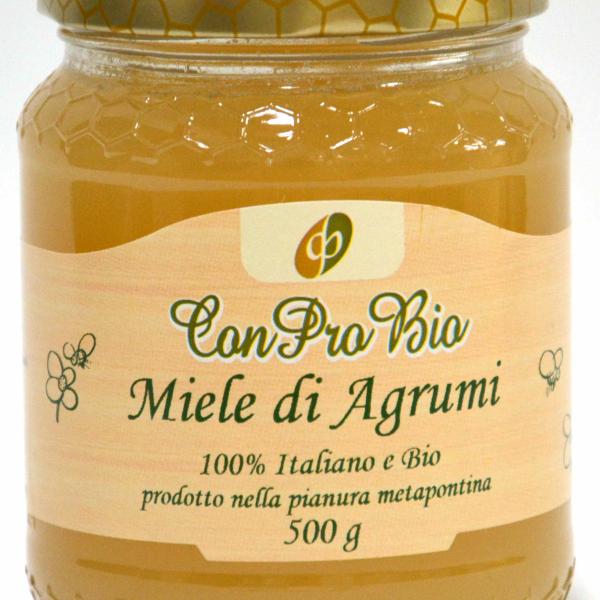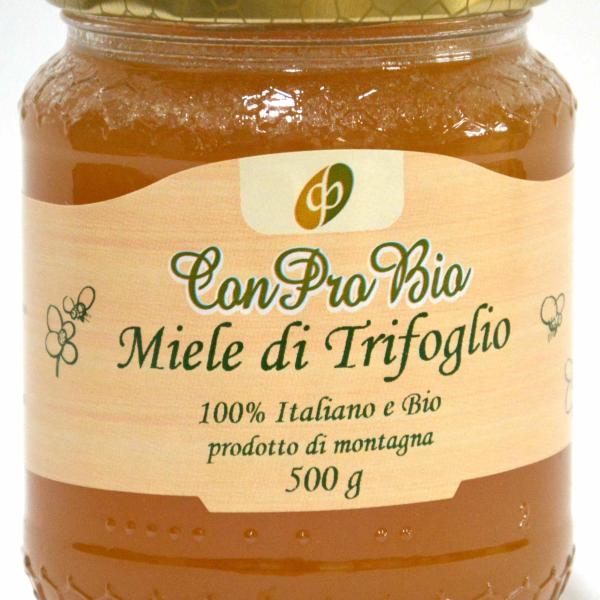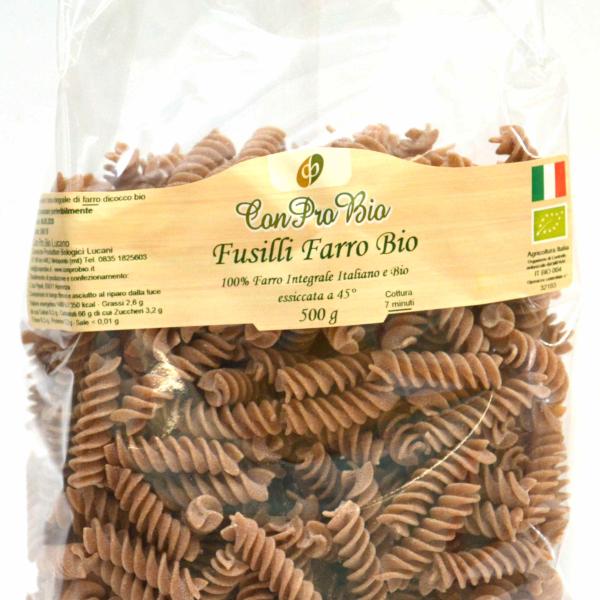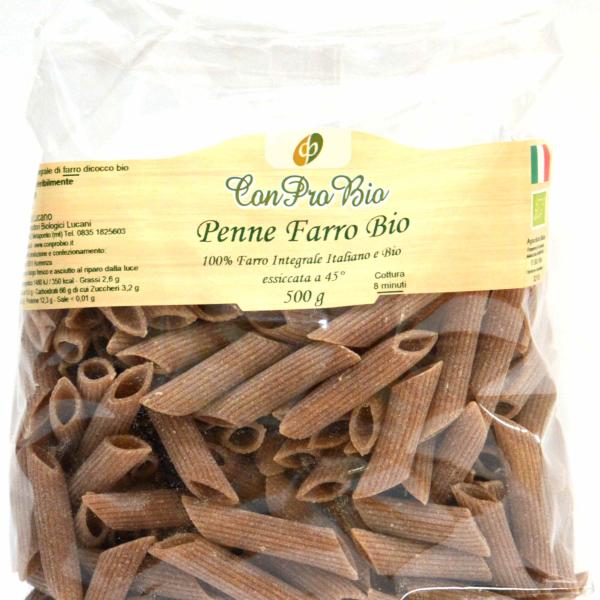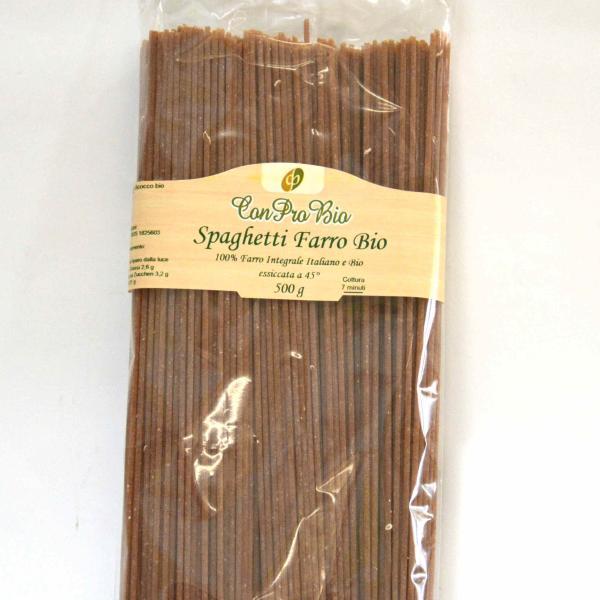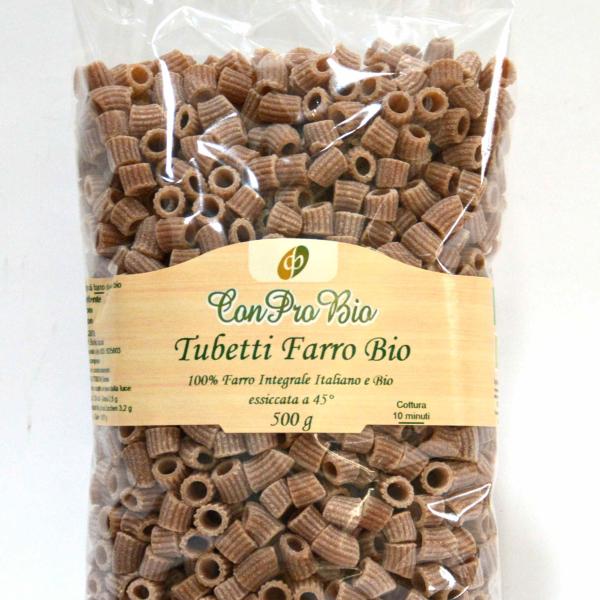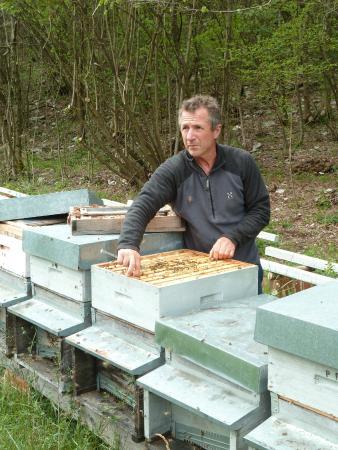The Consortium of Organic and Biodynamic
Producers Con. Pro. Bio. Lucano strengthens relations with our cooperative.
Partner of El Tamiso in the new Humus Network project, created to enhance the principles of organic agriculture in a broad sense (social responsibility, corporate reforestation, increased soil fertility and biodiversity...) and
organic pioneers, Lucan friends have followed a path very similar to that of our cooperative. About seventy local members, small businesses that grow in the sharing of common values in a context of extreme vitality of the organic movement, which insists on an extremely interesting agricultural environment due to climatic and landscape conditions.
The consortium deals with promoting and marketing the members' product, fruit and vegetables, cereals, legumes, dried fruits and honey,
transforming some products by hand, such as the peeling of spelt to obtain semolina and then pasta, interesting for their history and taste.
The ancient varieties of organic spelt Lucanica and Forenza, recovered by the local elders who have preserved it and handed it down to the present day, are valued in the small (no more than 8-10 ha) companies associated with the consortium. The
stone milling and
pasting processes with low pressure bronze drawing and slow drying enhance its scent and taste even more.
For honey, the consortium is trying, season after season, to recover a
local breed of bees called “ligustica” raised organically. In all phases, but especially in nomadism, attention to the places where hives are placed is very high, in fact for most of the year bees can enjoy uncontaminated places between 800 and 1000 meters above sea level. Only on the occasion of precious blooms such as citrus fruits or clover meadows, are they moved and placed at the center of the organic farms concerned in the south of Basilicata. For the honey extraction, they use a small family-run company resident in a small town in the mountains of the municipality of Ripacandida. The management in this company guarantees the maintenance of the quality of the product in addition to the health and well-being of the bee. All the honey produced does not undergo any heat treatment above 40° C and will therefore be subject to natural crystallization over time.

